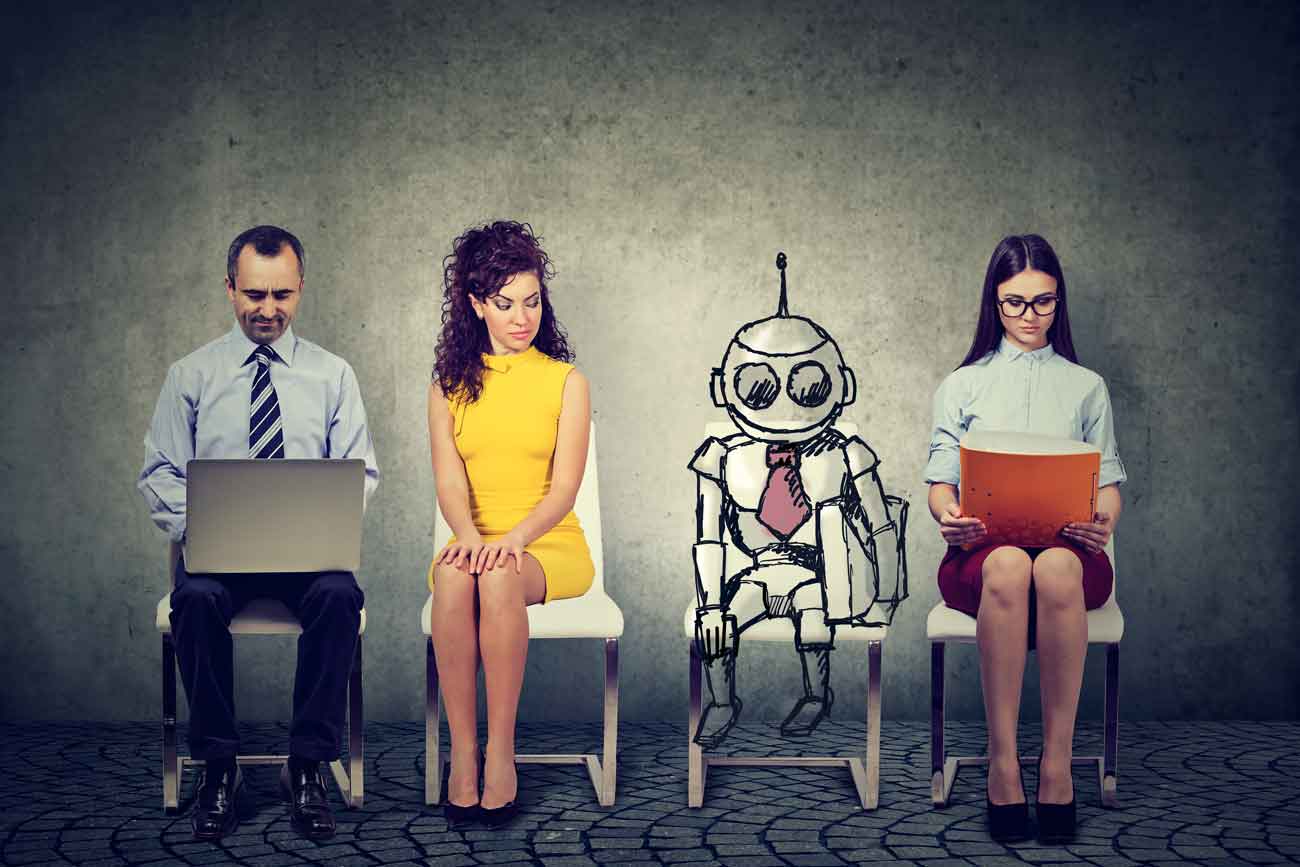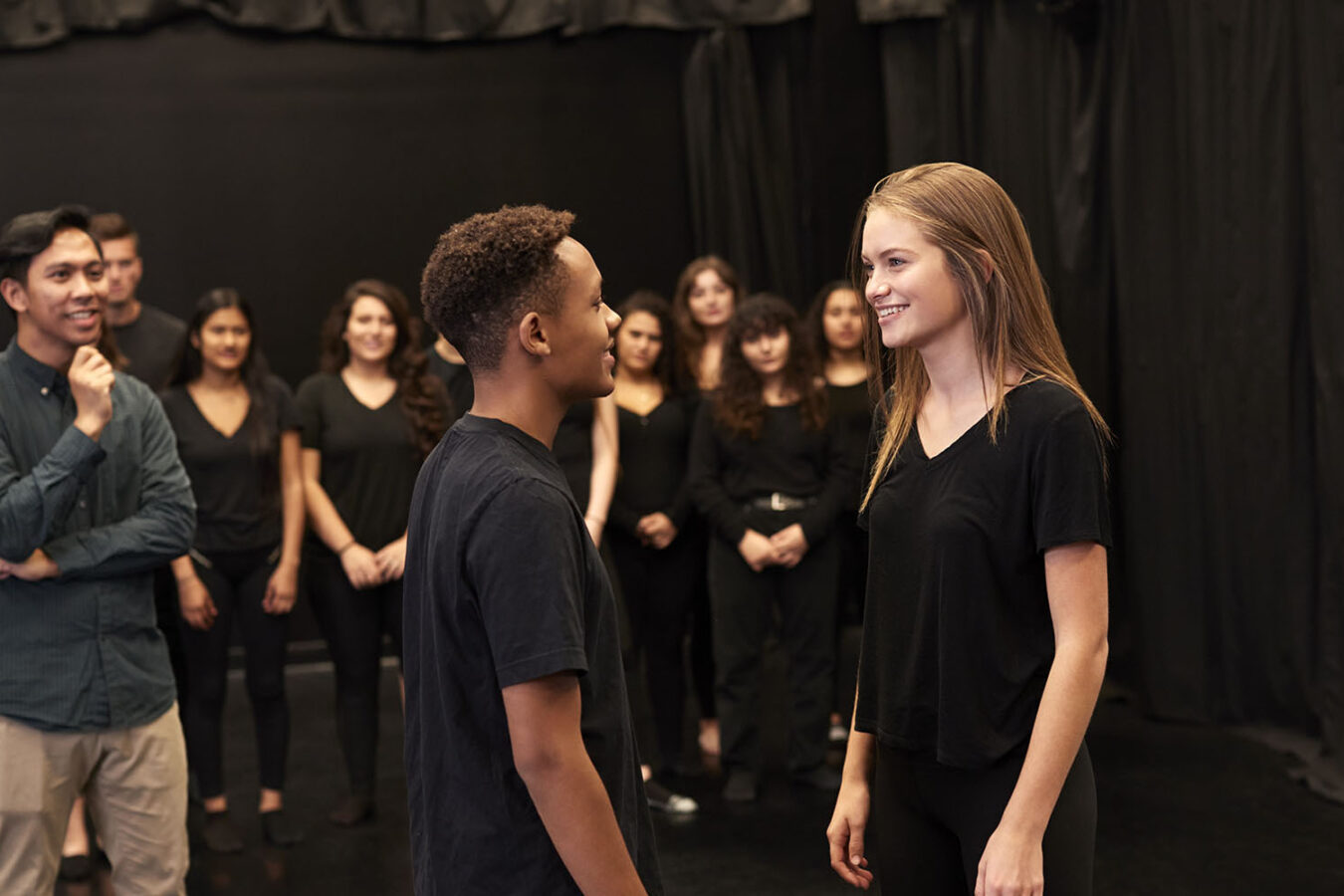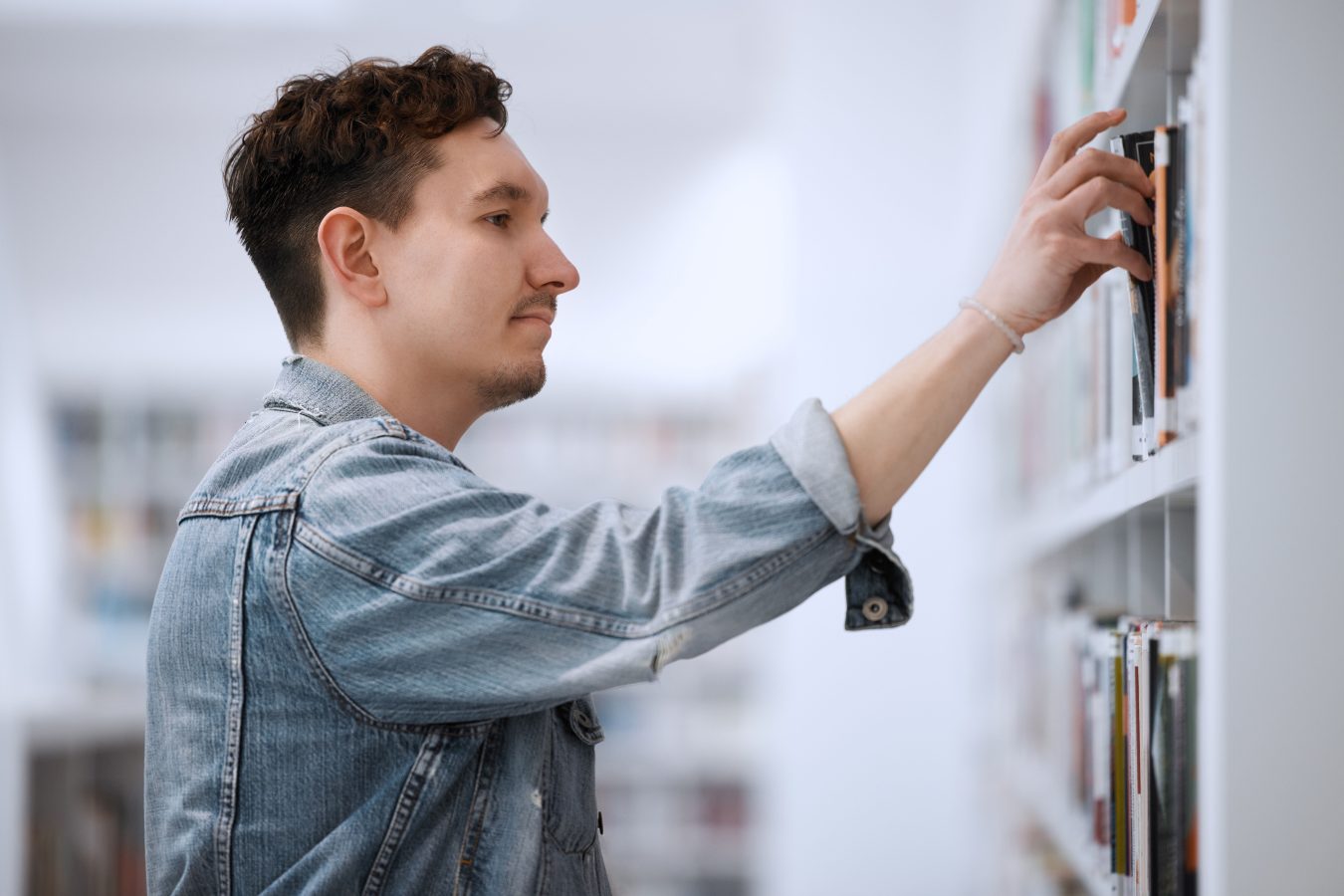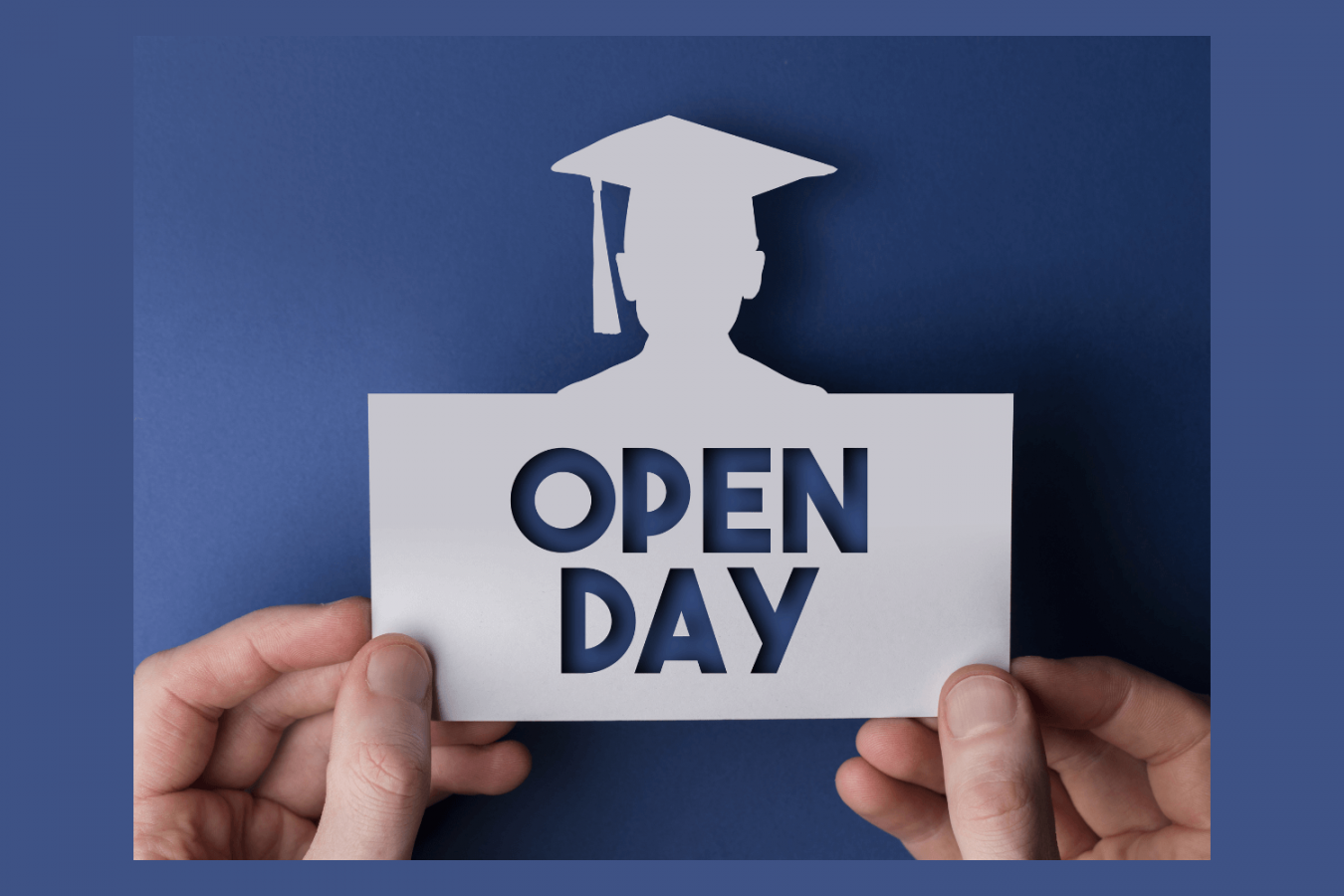
The most important skill in an uncertain future is 'learning to learn,' writes Aine Maher.
What will the future hold for our children? Each of us is bombarded regularly about predictions about the future, and many of us receive them with some scepticism: we are the generations that lived through the promise of more leisure time and less work as technology-supported work practices would bring increased productivity to our working lives. This is a promise yet to be realised for all of us.
What we can say with certainty is that the world of work is changing rapidly and each of us is navigating these changes daily. In other words, each of us learns every day. For some, the new learning is formalised – we are required to become familiar with new routines, processes, knowledge and skills through online learning, attendance at briefings and seminars, or mandated reading. For others, the learning is more integrated with our day-to-day work – we solve problems, work collaboratively with colleagues, respond to the changing needs of our client / customer base, and use Google when we need to.
What attributes of being a learner are visible to our kids? Do we engage in conversations about our learning? Do we talk about the value of learning? Do we model being a learner?
What we tell our children about the world of work
Many years ago, a wise careers advisor challenged a group of us to consider what our children learn about the world of work by listening to their parents and other adults. Most of us were instantly uncomfortable as we reflected that our discussion about work is often negative – we bring home the gripes, the challenges, the tougher parts of the day.
What we share about our workplace shapes the expectations of the next generation. Imagine the value of describing our expertise as a set of skills that is recognisable to our children. The Foundation for Young Australians is one of many groups that have created a list of the ‘transferable’ skills necessary for success in life and the workplace. They include problem-solving, creativity, communication, teamwork, critical thinking, presentation skills, digital literacy and financial literacy.
By talking about the skills we use in our work, we make strong connections between our children’s learning at school and at home with the world of work. We provide examples of learning in action. We share our personal challenges – what’s been easy and more difficult. We model persistence and not giving up when the work is tough. We celebrate our successes and identify what personal skills contribute to that success. We describe how we learn, when we learn and why we learn. We speak about the value of learning – the necessity to be a lifelong learner and the joy of mastering a new idea, or concept, or skill.
The OECD, in its Skills for 2030, distinguishes between three different types of skills: cognitive and metacognitive skills; social and emotional skills; and physical and practical skills. Our capacity to signpost these skills will make them more understandable and achievable for our young people. Empathy, self-awareness and respect for others are just as important as subject-specific knowledge and skills. Physical and practical skills such as those used on the arts or completing chores at home are equally important. But perhaps the most important skill is the ability to ‘learn to learn’, which will be necessary throughout a person’s lifetime as trends such as artificial intelligence change the demands of our working lives.
The illiterate of the 21st century will not be those who cannot read and write, but those who cannot learn, unlearn, and relearn. – Alvin Toffler.
Some useful resources include:
The New Basics, published by Foundation for Young Australians.


